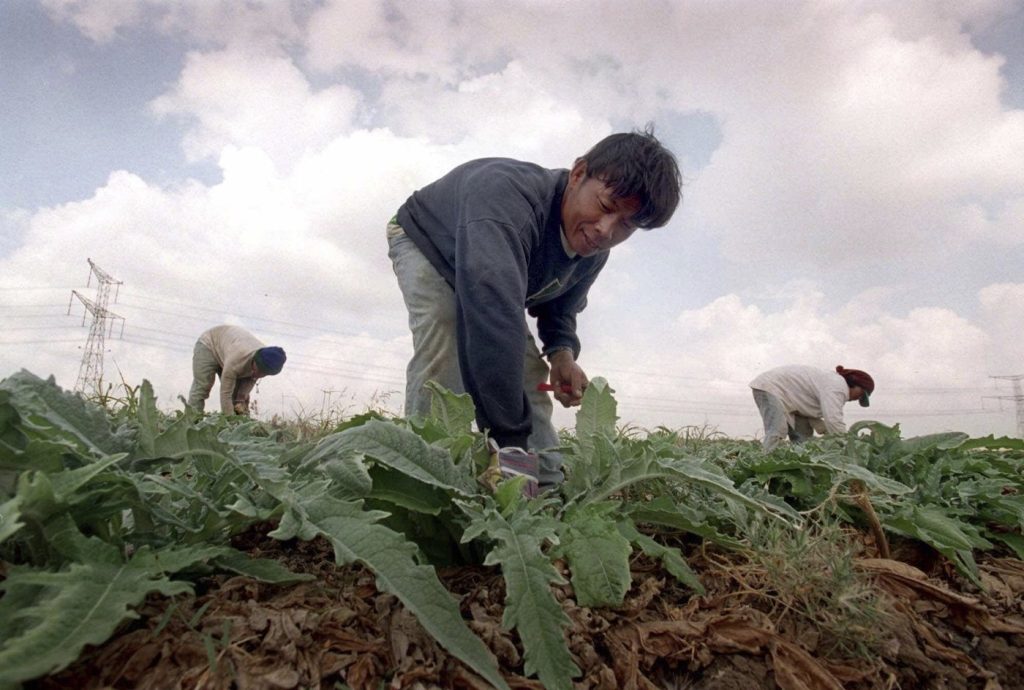BANGKOK (AP) - Israel has announced the recovery of the body of Nattapong Pinta, a 35-year-old Thai hostage who was abducted into Gaza during the attack on October 7, 2023. His abduction was part of a widespread attack by Hamas that initiated a conflict in the region. Thailand's foreign ministry confirmed on Saturday that Pinta was the last Thai hostage from Gaza, and only two other bodies of Thais taken by Hamas remain unaccounted for.
In the context of the ongoing conflict, the ministry reported that 46 Thai nationals have lost their lives. This highlights the plight of Thai workers in Israel, who were among the largest group of foreigners taken captive, with many of them fleeing from impoverished regions in their home country for better economic opportunities.
The significant presence of Thai nationals in Israel can be traced back to changes in labor demand after the first Intifada (1987-1993) when Israel began recruiting migrant laborers, especially from Thailand. Currently, Thais constitute the largest group of foreign agricultural workers in Israel, earning significantly more than they would in Thailand.
In response to the influx of migrant workers, Thailand and Israel established a bilateral agreement a decade ago aimed at facilitating the employment of Thai workers in the agricultural sector. Despite the economic advantages, the working and living conditions for these laborers have come under scrutiny. A 2015 report by Human Rights Watch indicated that Thai workers often endure unsafe working conditions, inadequate housing, and salaries well below the legal minimum wage. Recent findings suggest that many of these issues are still prevalent today.
Before the onset of the recent violence, around 30,000 Thai nationals were working in Israel. Following the escalation of conflict, approximately 7,000 Thais chose to return to their home country primarily using government evacuation flights. However, higher wages in Israel continue to attract new migrant workers, with the Thai ambassador to Israel, Pannabha Chandraramya, reporting that the current number of Thai workers has risen to over 38,000.
The labor shortage following the exodus of workers prompted Israel's Agriculture Ministry to introduce incentive programs aimed at luring foreign workers back to evacuated regions. These initiatives include extending work visas and offering bonuses of about $500 a month. In a further move to bolster the labor force, Thailand's Labor Ministry has granted work permits to 3,966 Thai nationals for employment in Israel in 2024, maintaining Israel's status as one of the top four destinations for Thai workers abroad last year.
The majority of Thai migrants typically originate from the economically poorer northeastern regions of Thailand. Even before the introduction of bonuses by Israel, jobs in the country paid significantly higher wages compared to what they could expect to earn at home, fueling the ongoing cycle of migration for economic reasons.











